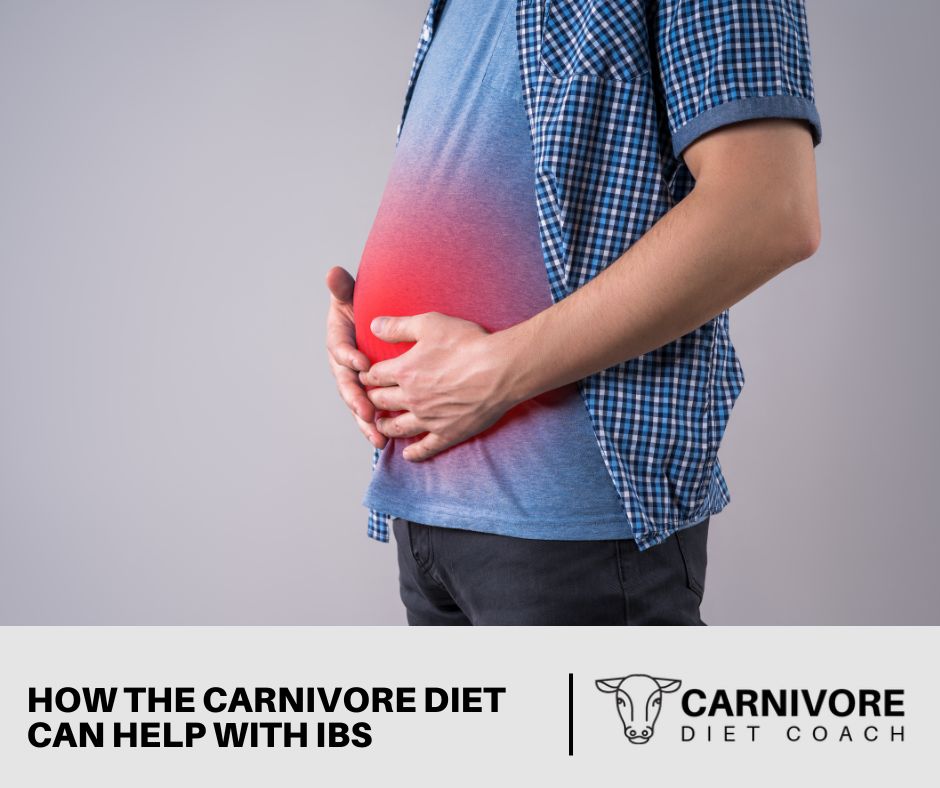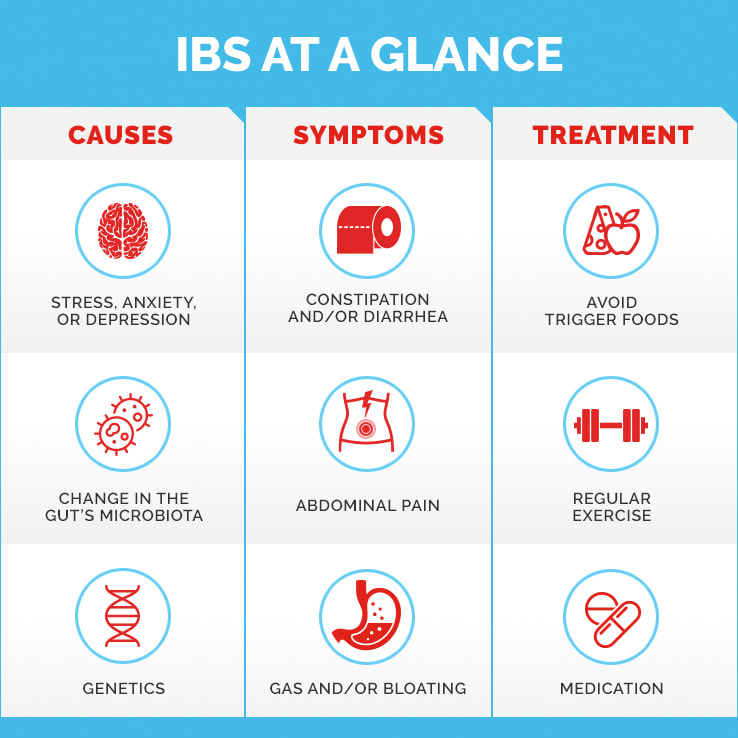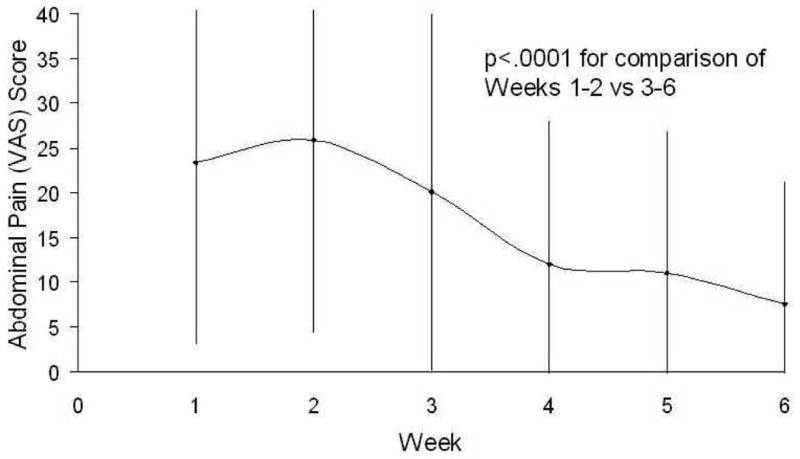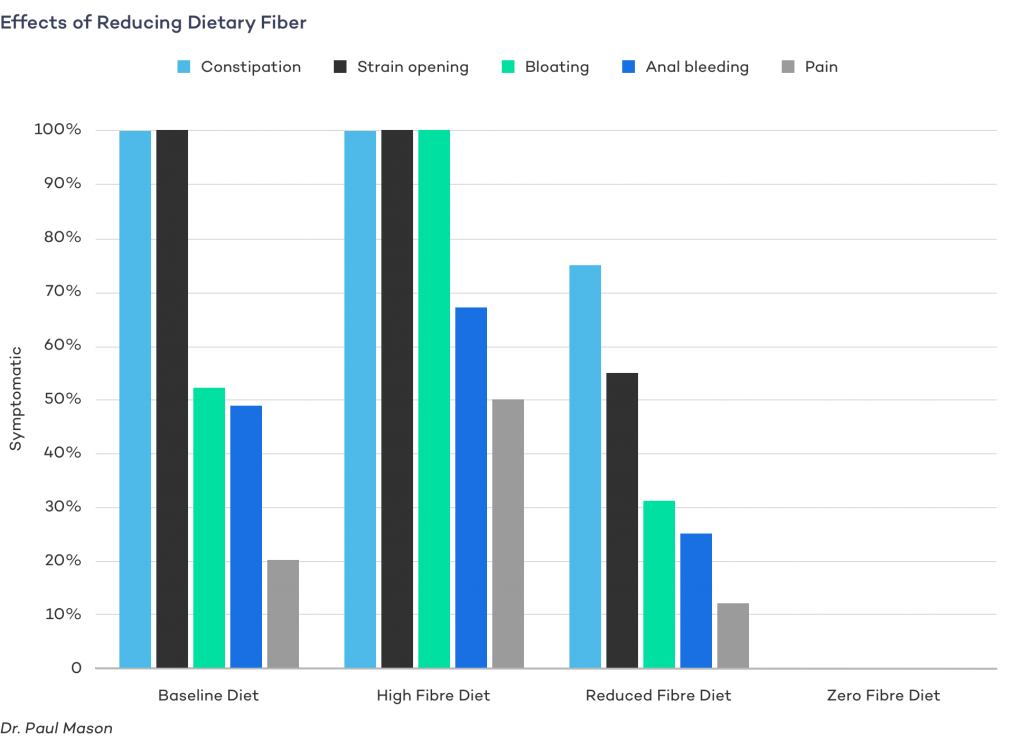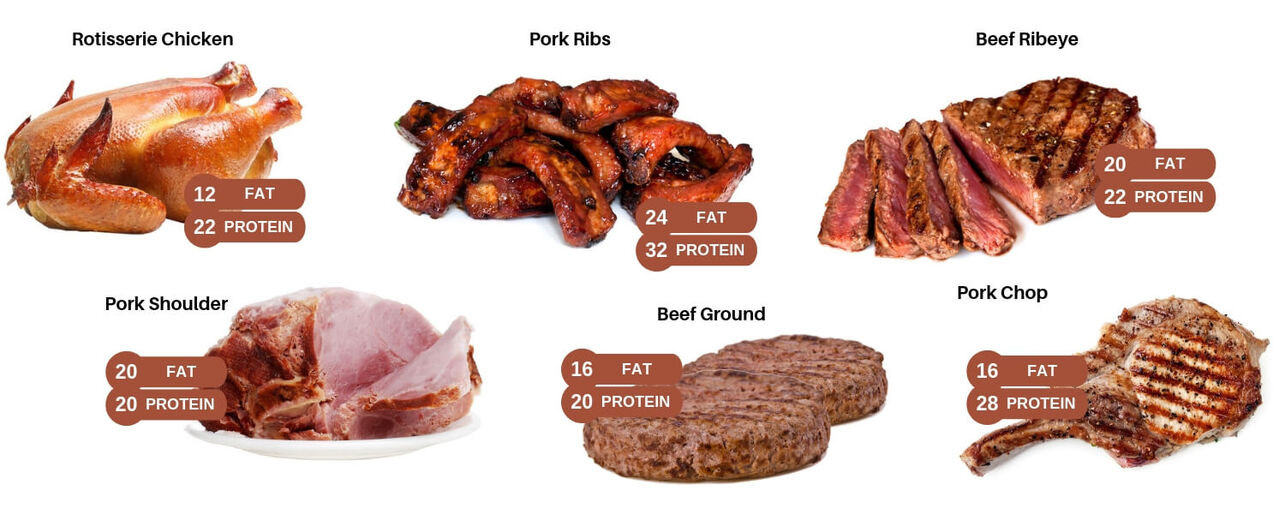|
THE COMPLETE
CARNIVORE DIET GUIDE
Learn how to lose weight, fix your gut and cure autoimmune symptoms with our free Carnivore Diet guide.
|
|
Anyone with irritable bowel syndrome (IBS) knows how important it is to tweak their diet and lifestyle so that they can reduce unpleasant symptoms, such as unexpected diarrhea or stomach pain. However, knowing what tweaks to make is the hard part. You may have heard that a carnivore diet can help IBS, and you'd be right! Below, we will explain more about how the carnivore diet helps IBS so you can get a better understanding. What is IBS? IBS stands for irritable bowel syndrome. This is a common condition that affects the digestive system. It can be very frustrating to live with, as it can have a massive impact on your daily life, and there is no cure for it. There are three main types of IBS:
Common Symptoms of IBS Some of the most common symptoms of IBS are as follows:
Although these symptoms are less common, some people also experience heartburn, feeling sick, and lack of energy. All of these symptoms can have a considerable impact on a person's day-to-day life, which can then cause them to feel stressed and depressed, so it's vital to make lifestyle changes so you can be more comfortable. What Causes IBS? Doctors are not sure what causes IBS. Experts believe several issues can result in IBS. Specific symptoms are more common in people with IBS, causing experts to believe these problems may have some part to play in causing IBS. Examples include:
Carbohydrates and IBS The link between carbohydrate intake and IBS is still unclear but there have been some small studies that show reduced carbohydrate intake can help with IBS symptoms. Research by Gregory L. Austin and his team at the Division of Gastroenterology and Hepatology at the University of Colorado Denver, has indicated that dietary carbohydrates make IBS symptoms worse. Patients who experience diarrhea as a predominant symptom report improvement after switching to a very low-carb diet (VLCD). While the study had limitations in the size of the study, the same results are regularly seen in the carnivore community. The mechanisms by which low carbohydrate diets helps is till unknown but it could be to do with changes in gut bacteria, specifically, the elimination of gut bacteria that feeds on carbohydrates. Or reduced overall inflammation due to less carbohydrate intake. Fiber and IBS It's a common claim that for those with IBS, not eating sufficient fiber can cause symptoms to get worse, particularly abdominal pain and constipation. However, these claims are based on poor epidemiology research and not on people who have IBS. Fiber research on those with IBS show very different results. Research by Ho et al showed that either reducing or completely stopping fiber intake clearly reduced constipation and it’s symptoms. The zero fiber section isn't missing data. Those that had a zero fiber diet saw complete resolution of their IBS symptoms! Adding more fiber made symptoms worse. Low FODMAP Foods and IBS A low FODMAP diet, with FODMAP standing for low fermentable oligosaccharide, disaccharide, monosaccharide, and polyol, is a diet that aims to remove certain food groups from the diet to reduce FODMAP intake. Most people can digest fermented sugars, but those with IBS seem to have some trouble with some or all of them. The low FODMAP diet is effectively an elimination diet which works well for some. Those that don't see results on a low FODMAP diet often turn to the carnivore diet. Plant Toxins and IBS Plants contain compounds that can be harmful to humans. Some natural toxins can form in food as defense mechanisms of plants via their infestation with mold that produces toxins or through ingestion by animals of microorganisms that produce toxins. Natural toxins can result in many adverse health effects, posing a severe health risk to livestock and humans. Introducing the Carnivore Diet The carnivore diet includes foods that either flew, swam, or walked. It does not allow for any carbs or plants at first. Although after healing has taken place, some people choose to include plant foods back in for variety or to improve sports performance. It focuses on wild seafood and grass-fed meats. Legumes, dairy, grains, and added sugars are eradicated. What foods will you eat? You can expect to eat fish, poultry, organ meats, bone broth, water, pepper, salt, butter, bone marrow, lard, and eggs. What foods are avoided? The foods not allowed on the strict carnivore diet include grains, pasta, bread, legumes, alcohol, nuts, seeds, fruit, and vegetables. While this is a straightforward diet to follow at first glance, you're always advised to work alongside an expert who can advise you on what to eat to reach your specific goals. How the Carnivore Diet Helps IBS There are several reasons why following the carnivore diet makes sense if you suffer from IBS. Let's take a look at all the benefits below. Contains All Essential Nutrients The carnivore diet is rich in all of the essential vitamins and minerals that play a crucial role in combating symptoms of IBS. In fact, some people have been on a strict carnivore diet for decades and experienced no symptoms of deficiencies. This carnivore diet also provides antioxidants, magnesium, zinc, vitamin D, and anti-inflammatory benefits. Let's take a look at three of the most important in further detail:
High Protein (no muscle loss) By following a carnivore diet, you're adhering to a high-protein diet. Following a high-protein diet helps in terms of reducing constipation and diarrhea symptoms. Many IBS sufferers find it hard to incorporate more protein into their diets, especially as they need to reduce their intake of legumes and nuts. However, meat acts as an excellent alternative. Plus, a diet of this nature helps promote fat loss and muscle preservation, so you don't need to worry about muscle loss when going down this route. Reduces Carbohydrates You will significantly reduce your carbohydrate intake. A low-carb diet helps to ease inflammation while improving blood lipids. The benefits of this have been proven in several studies. Recently, doctors were surveyed about low-carb eating. They revealed that it is common for patients to experience considerable improvements or even resolution of long-standing IBS symptoms by eating significantly fewer carbohydrates. Reduces Fiber By following a carnivore diet, you'll significantly reduce your fiber intake. If you were to follow a diet with no fiber at all, you would be able to eliminate gas and bloating. This would also help to eradicate constipation symptoms. Not only does less fiber help to improve your digestion, but a carnivore diet can lower intestinal stress. Certain fibers can act as an intestinal irritant because they pass through your intestines when you digest it, physically rubbing against the lining in your gut, which causes microabrasions. This is not a problem for the average person, but fiber can cause severe bloating, diarrhea, and pain if you have IBS. Reduces High FODMAP Foods Following a carnivore diet will reduce the number of high-FODMAP foods you consume, such as sugar alcohols, cruciferous vegetables, wheat, and yogurt. Foods like this contain fiber and carbohydrates that are challenging to digest. Some studies have revealed that 75 percent of individuals with IBS experience fewer symptoms after eating a low FODMAP diet. The most relief occurred within a week of being on this type of diet. Reduces Plant Toxins As mentioned earlier, plants contain compounds that can harm humans. In The Carnivore Code, written by Paul Saladino, he said the potentially harmful properties of plant compounds such as catechins, sulforaphane, and turmeric. While his thoughts certainly divide opinion, there's no denying that a carnivore diet will help you to lower plant toxins. Conclusion: Can The Carnivore Diet Heal My Gut?As you can see, there are many reasons why it makes sense to try a carnivore diet if you suffer from IBS.
Of course, everyone is different, and you may need to tweak your food and drink consumption depending on the symptoms you experience. It can be good to keep a food diary to track the different foods you're consuming and their impact on how you feel. If you are considering trying the carnivore diet to manage your GI tract issues, check out our guide and join our community for in-depth lessons, meal plans, recipes, and support.
0 Comments
Leave a Reply. |
Carnivore Diet Recipes & Meal PlansOur Trusted Partners
Popular Guides
|


